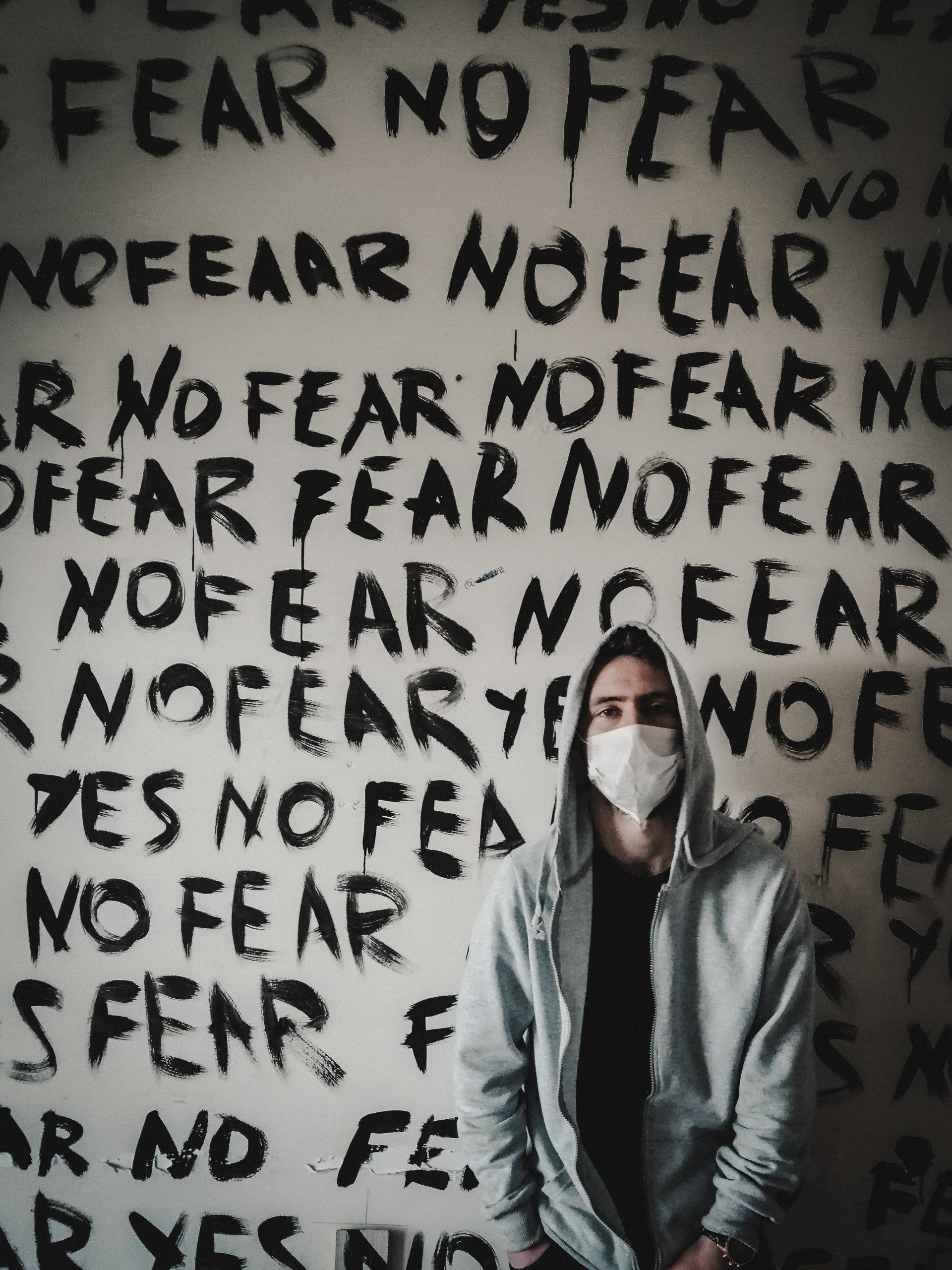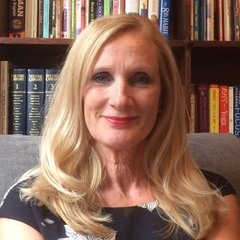How to Survive after the Death of a Loved One.
Dying is part of life. We all know that one day we will pass away and leave our loved ones. But when death happens prematurely or suddenly, we are left with very difficult emotions to manage. Daily life and reorganizing your life alone are very hard for most people. I personally have experienced many deaths in my life from family members to losing my parents as a young adult. Life was very overwhelming for me. It gave me the understanding needed to help deal with grief and provide therapy.
Accepting the loss can take time, but sometimes time alone doesn’t even heal the loss. I’ve found that a combination of time, therapy, and a good support system are the key to eventually healing from loss. Here are some of my personal and therapeutic strategies to help.
Let yourself experience the emotions of loss. Get familiar with the five stages of grief as they are important to go through.
- Shock: Getting the news often results in a deep and empty pit in the stomach, regardless if the death was accidental or after a long illness.
- Depression: Sadness, crying, low motivation, tiredness, loss of interest in hobbies, insomnia, and anxiety regarding the future are equally normal as they are difficult.
- Anger: This is a necessary emotion that needs to be expressed by a preferably healthy method.
- Guilt: People often go through a stage in which they question if they could have done more or done something different in this situation. It’s important to remember it’s never your fault for what has happened to your loved one.
- Acceptance: This is often the longest stage one goes through as its difficult to learn to live without the person you have loved so dearly. You will learn, however, over the years to adapt and rebuild a life of meaning around other people and yourself.
I have found that grief therapy helped my family and I process the loss of our parents and other family members. A good support system and grief therapy are excellent strategies to process this difficult life event and to learn to live a happy life once again.
Suzanne Dumais MDiv., RMFT, RP. CCFT is experienced and trained in grief and loss therapy.








